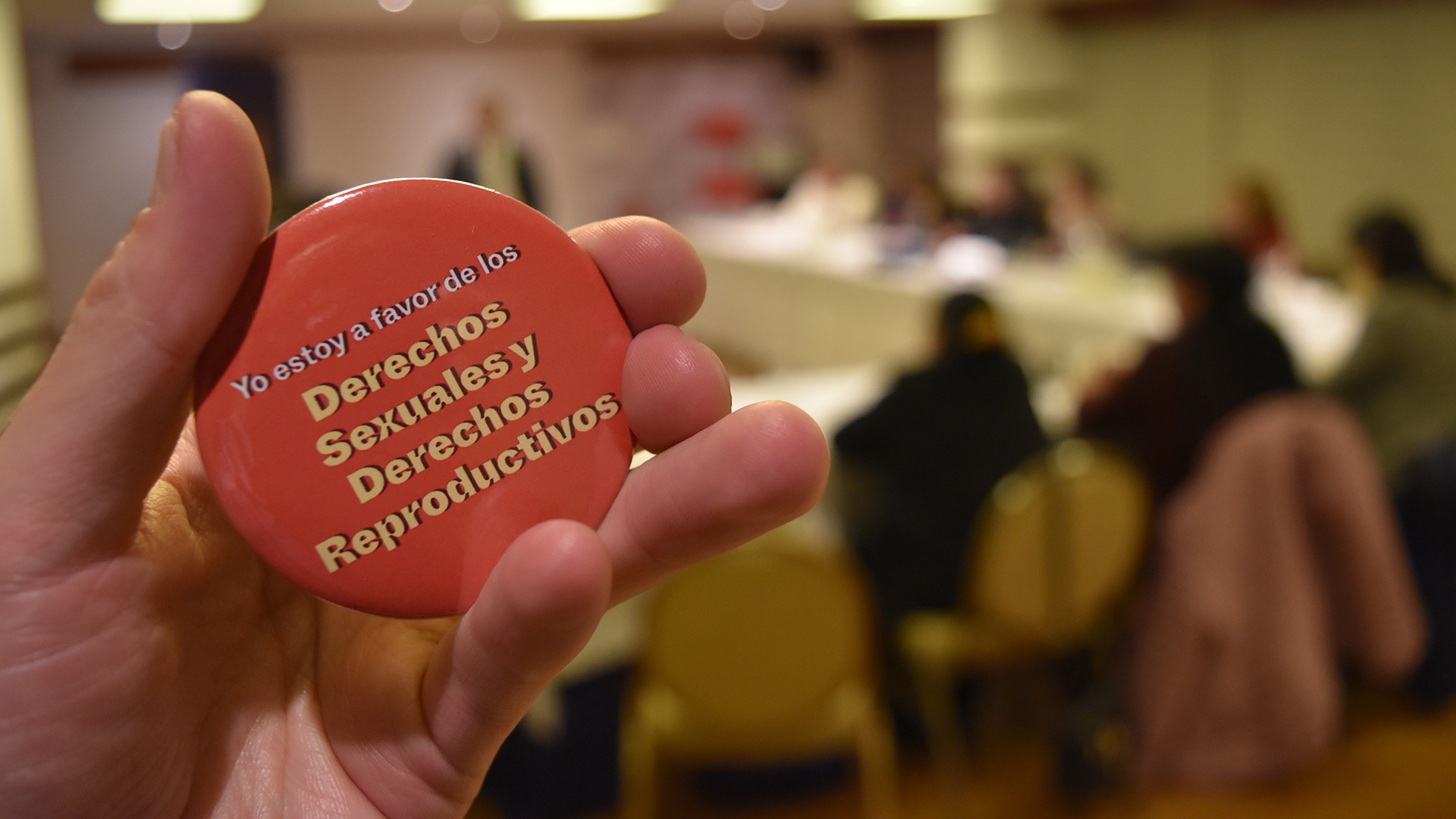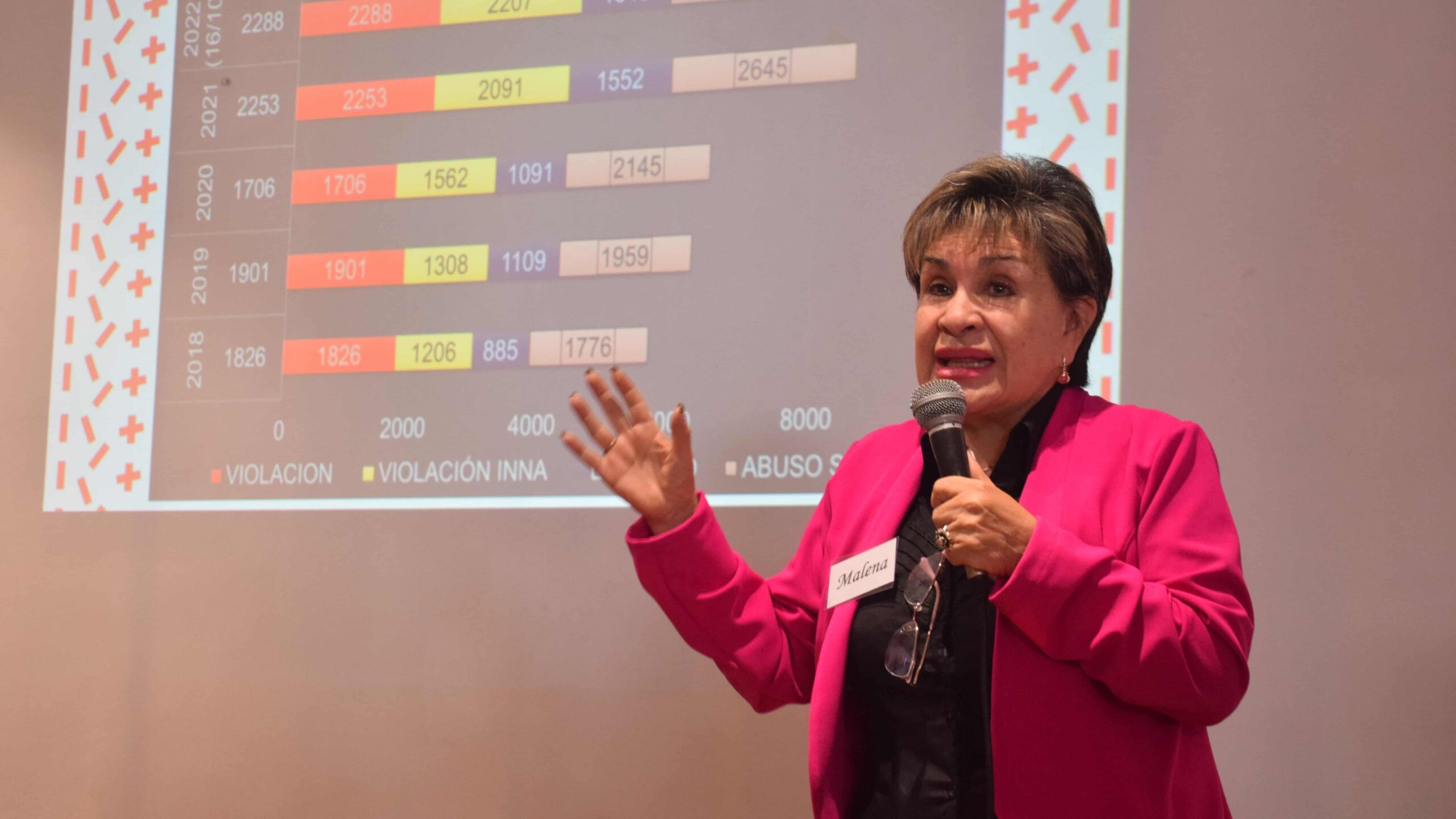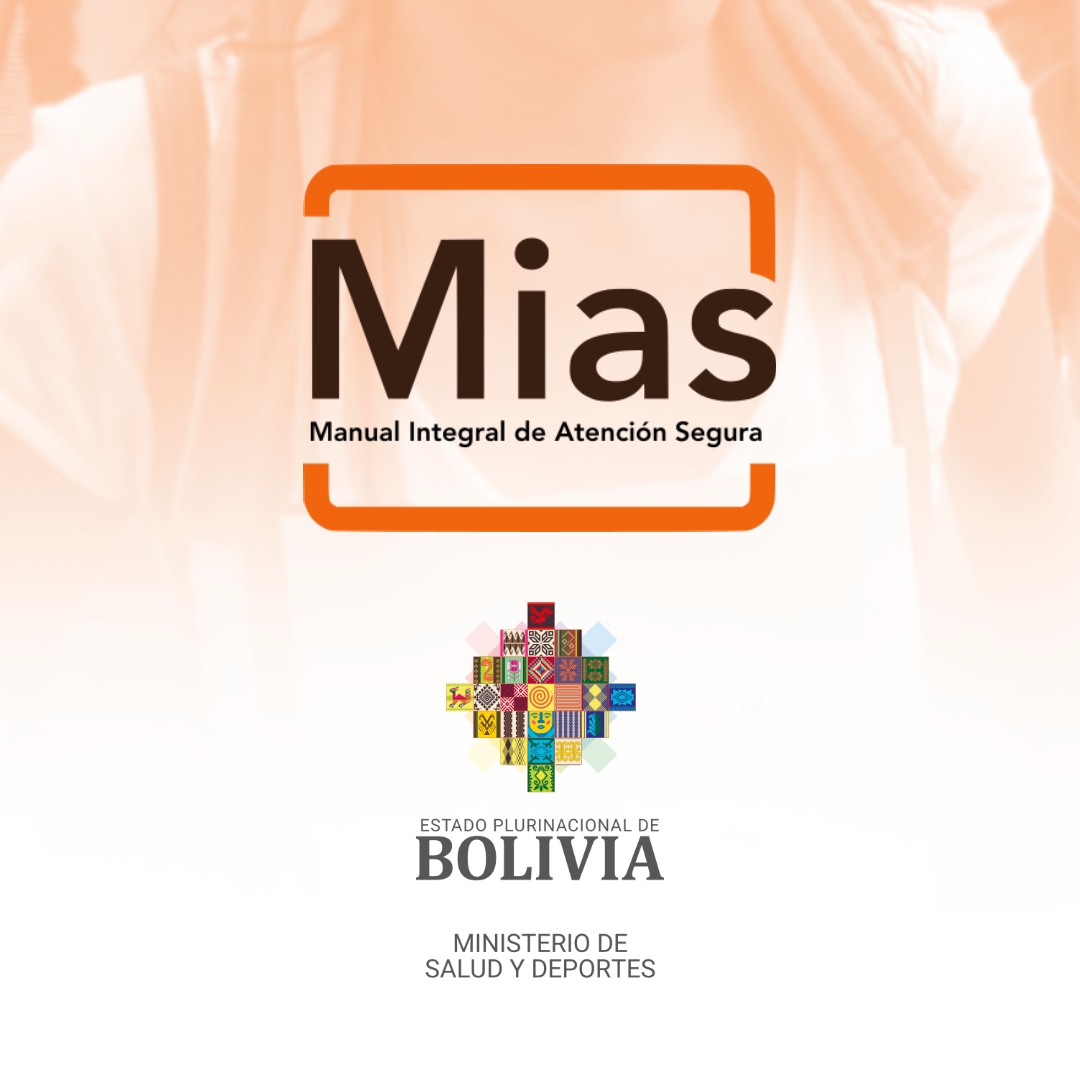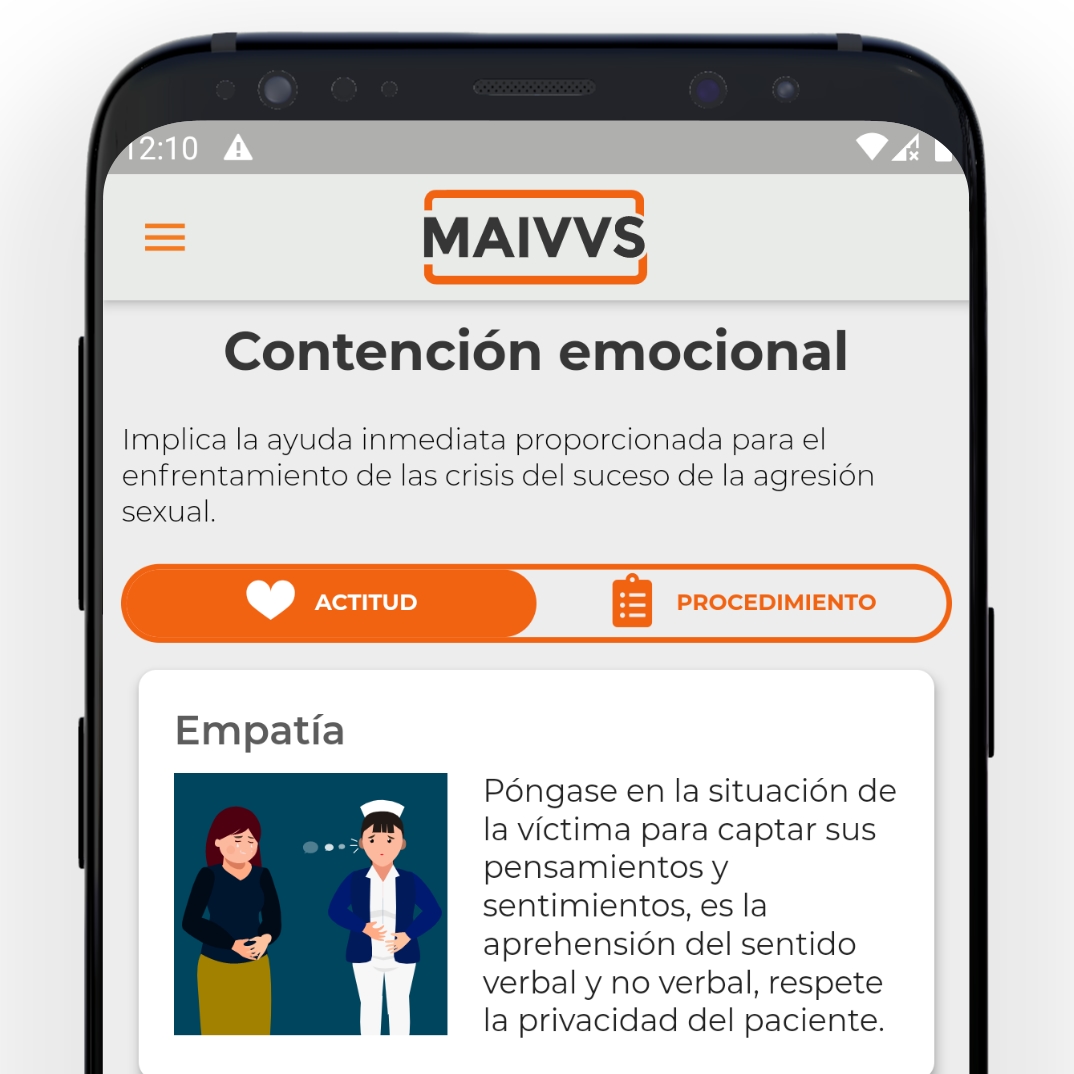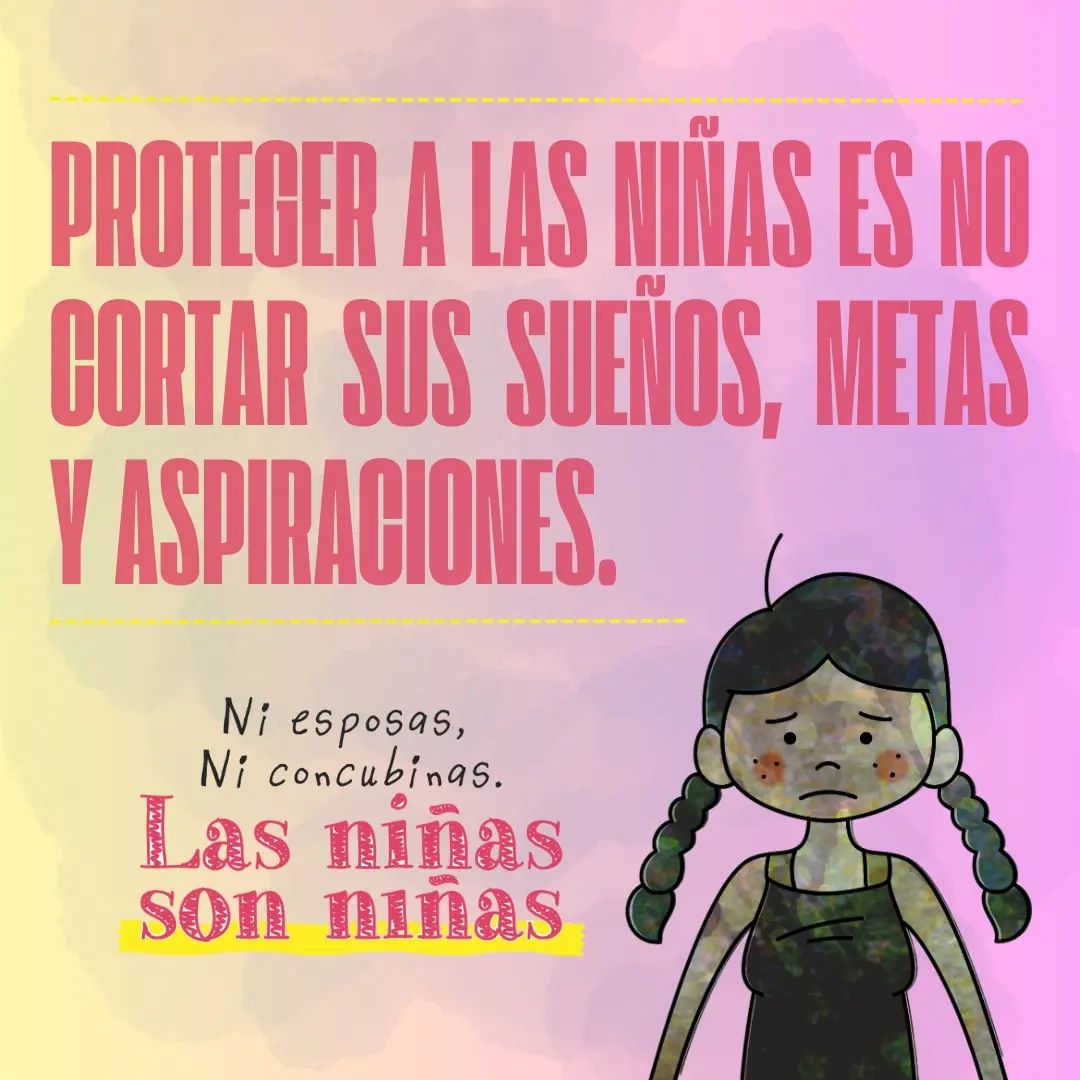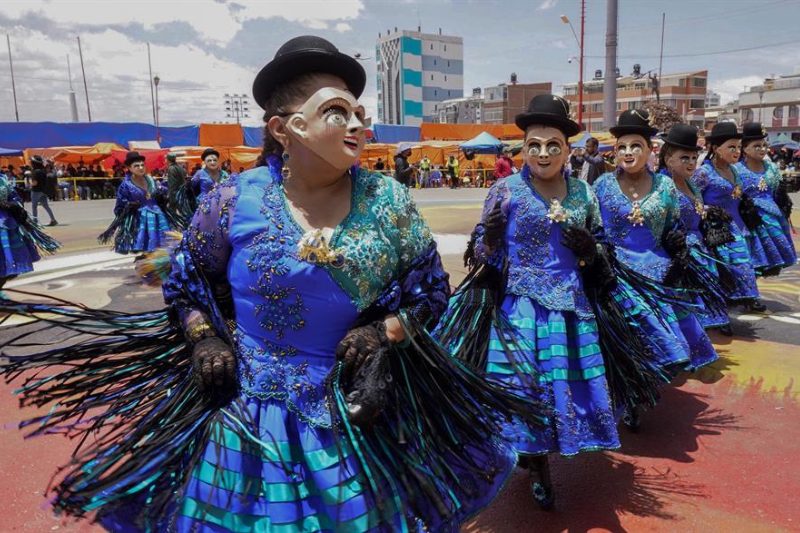Carnival is one of the most important festivities in Bolivia, but it is also, unfortunately, where very worrying figures of violence against women are registered every year, a reality that Pro Mujer and UN Women organizations want to change through the campaign #SinMáscarasSinViolencia (NoMasksWithoutViolence).
In 2023 alone, 315 reports of crimes of violence against women and children were registered, including two femicides, during the four days of the carnival, data that have alerted civil society organizations, who seek to change this scenario through awareness and training to those who are part of this celebration and also to the people who attend the parades and events organized for these festivities.
“Carnivals in Bolivia are very important spaces for social interaction where there is a cultural exchange and traditions are reinforced and what we want is to prevent violence from becoming normalized in these traditional festivities, which are when cases of violence against women are most common,” Libertad Martinez, communications specialist at Pro Mujer, told Efeminista.
In several cities in the Andean country, Martinez adds, parades are held and tribute is paid to the harvests. In fact, one of these events, the Oruro Carnival, is a Unesco Intangible Cultural Heritage of Humanity. “We want these spaces to retain that sense of joy, celebration and encounter and not become a scene of violence. For many women and entire families, the carnival is not a safe time to celebrate,” she says.
Preventing violence in the carnival
The campaign will be activated through messages on social networks, but also in person, as Pro Mujer and UN Women are training those who make up the Association of folkloric groups of the Oruro Carnival, the protagonists of the festivities, but will also be present during the days of celebration to inform women about the resources available to them in the case of being or knowing a victim of violence.
“If we want to declare a carnival without violence we have to start even with those who participate. We are also going to be touring the carnival with messages so that people know that there is help. After the carnival this campaign will be expanded and we hope to be in all the folkloric festivities in Bolivia”, says Martinez.
One of the main programs that Pro Mujer will be promoting during Carnival is “Mujer Segura”, which aims to provide support and advice to women in situations of violence in two ways: face-to-face assistance and a toll-free line (800-10-2414), national, confidential and active 24 hours a day. Since its creation in 2020, the line has received more than 11,231 calls and more than 2,800 counseling and support sessions have been offered.
“We receive approximately 300 calls a month, so we believe that the official numbers of assaults on women that were recorded in the last carnival could be even double, because they are only those who dare to denounce,” she mentions.
Face-to-face attention is provided in the cities of La Paz and El Alto, where Pro Mujer has offices to receive women victims of violence seeking accompaniment. There they are referred to health centers, psychological support centers, with legal sponsorship or to the Special Force to Combat Violence and the Prosecutor’s Office.
The situation of women in Bolivia
In its annual report on Human Rights, Human Right Watch has already warned about the situation of women in Bolivia. It pointed out that gender-based violence and the violation of sexual and reproductive rights continue to be very serious problems.
“Women and girls continue to be exposed to a high risk of violence in Bolivia. The prosecutor’s office registered more than 51,000 complaints of domestic violence in 2022, including 94 femicides and between January and September 2023 there were 65 femicides. In addition, the Ombudsman’s Office denounced the ‘discretionary’ handling of attempted femicide cases, which results in the indictment of alleged aggressors on less serious charges,” the organization said.
A reality that Libertad Martinez confirms. “In Bolivia there are still gender practices and stereotypes. Women are still subordinated to men’s decisions, there is still that inequality and that vision and look that women are really in a much lower position than men. This is a permanent reality. We still have gender gaps, salary gaps, problems in access to sexual and reproductive health. To give you an idea, a woman who wants to have a tubal ligation in order not to have more children needs the authorization of her spouse or partner”, laments the specialist.
And although she does not deny that there has been progress with the enactment of a specific law to prevent violence against women, there are still debts in the “structural implementation” that prevent women from breaking out of the cycle of violence.
“We are still trying to advocate for more health centers specifically for women, for psychological support centers for women, for legal sponsorship, because there are many women who are afraid to denounce because they believe that their children could be taken away from them. There are many other complications that come to a woman’s mind when she wants to leave (violence). So although efforts have been made in Bolivia with this law, we still have to uproot practices and strengthen institutions that can deal with this problem,” she concludes.

